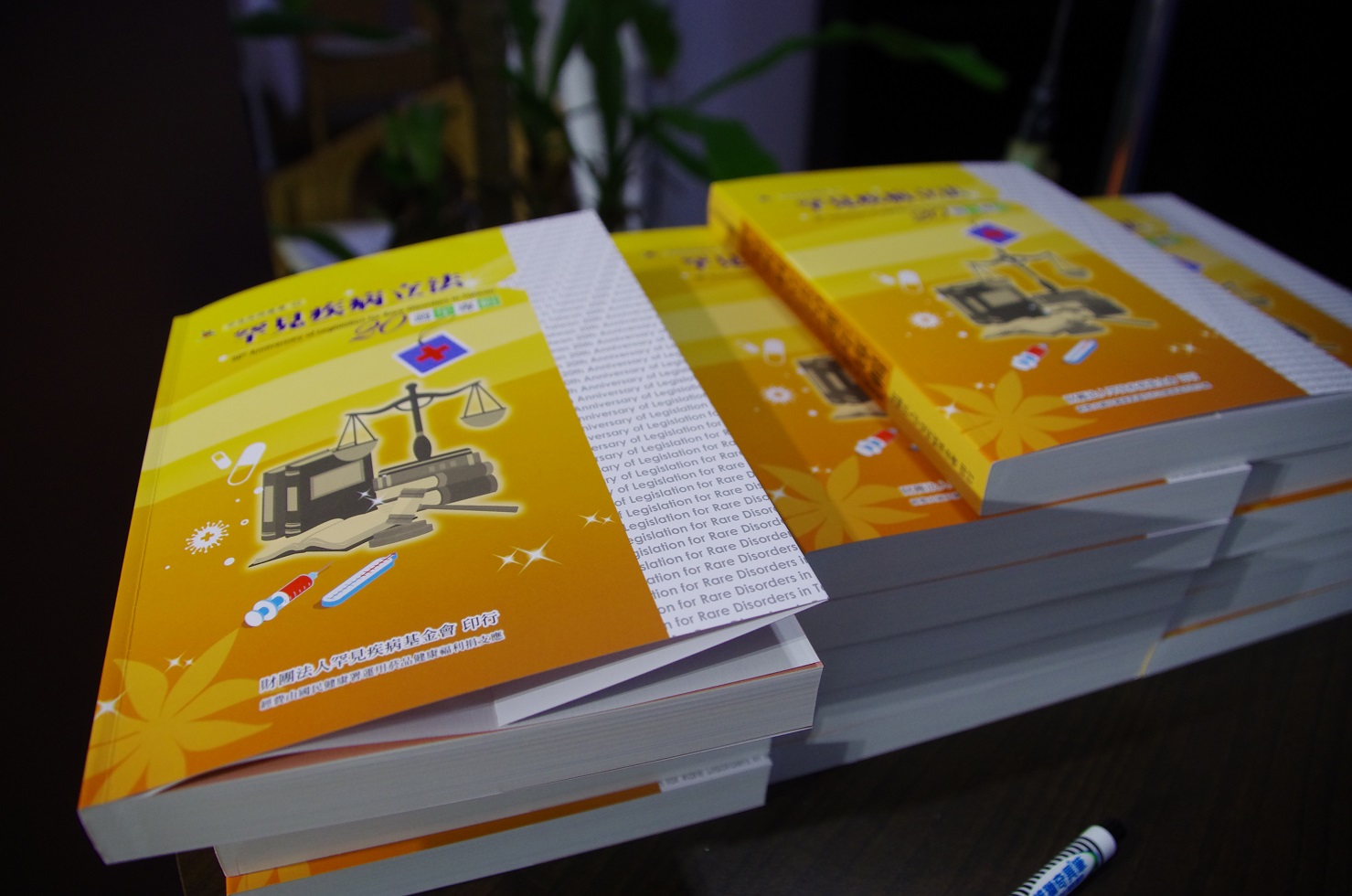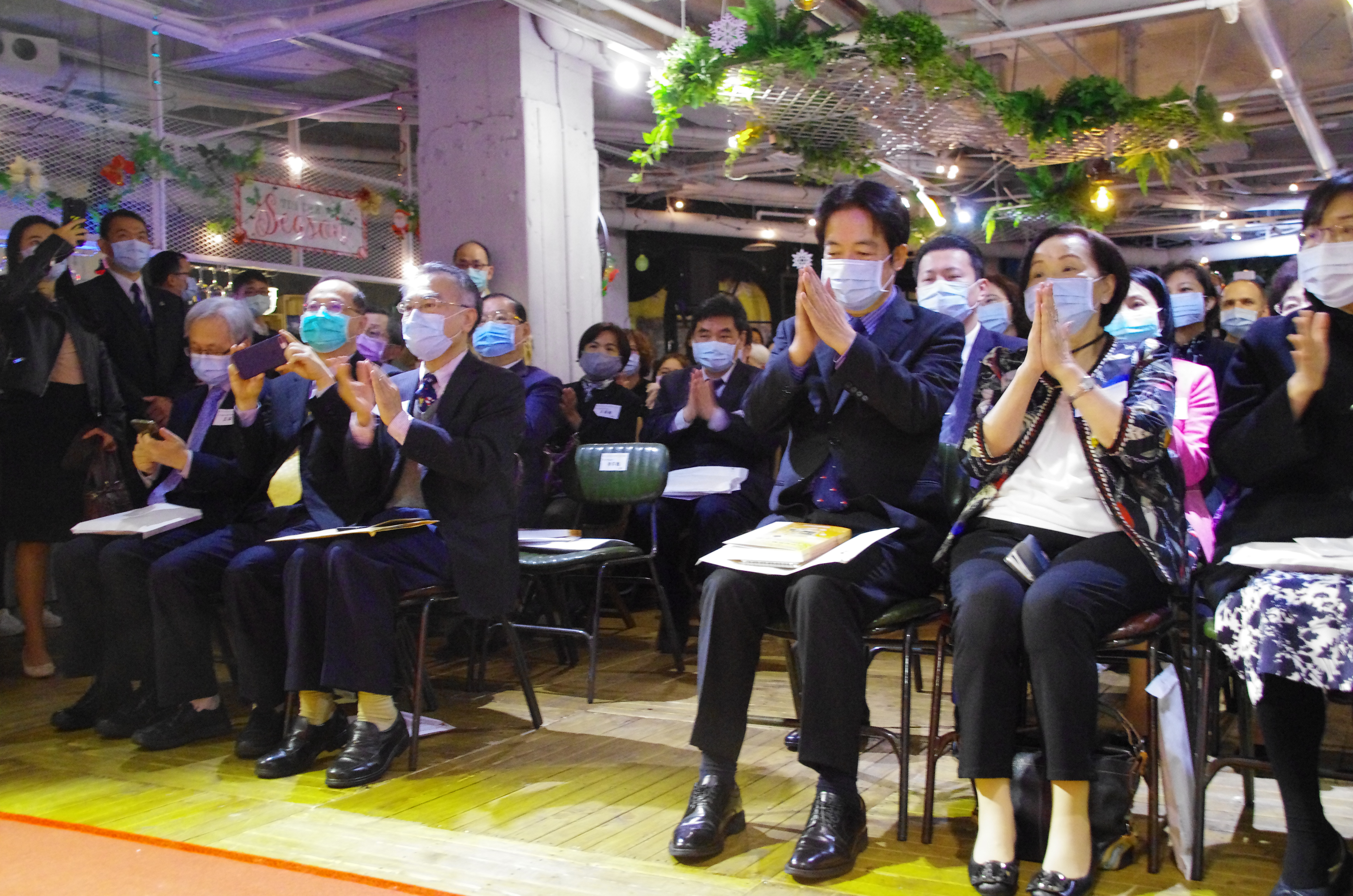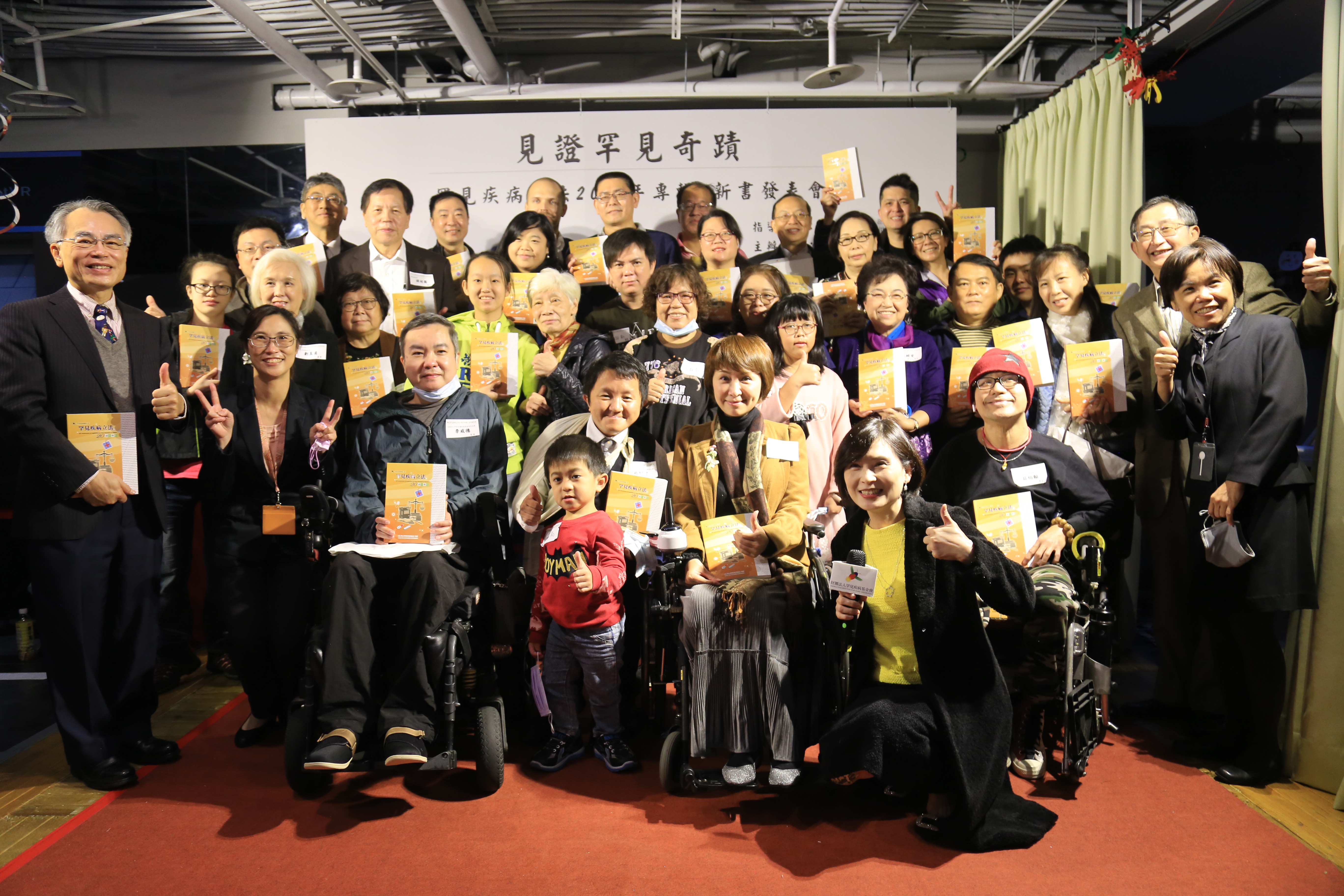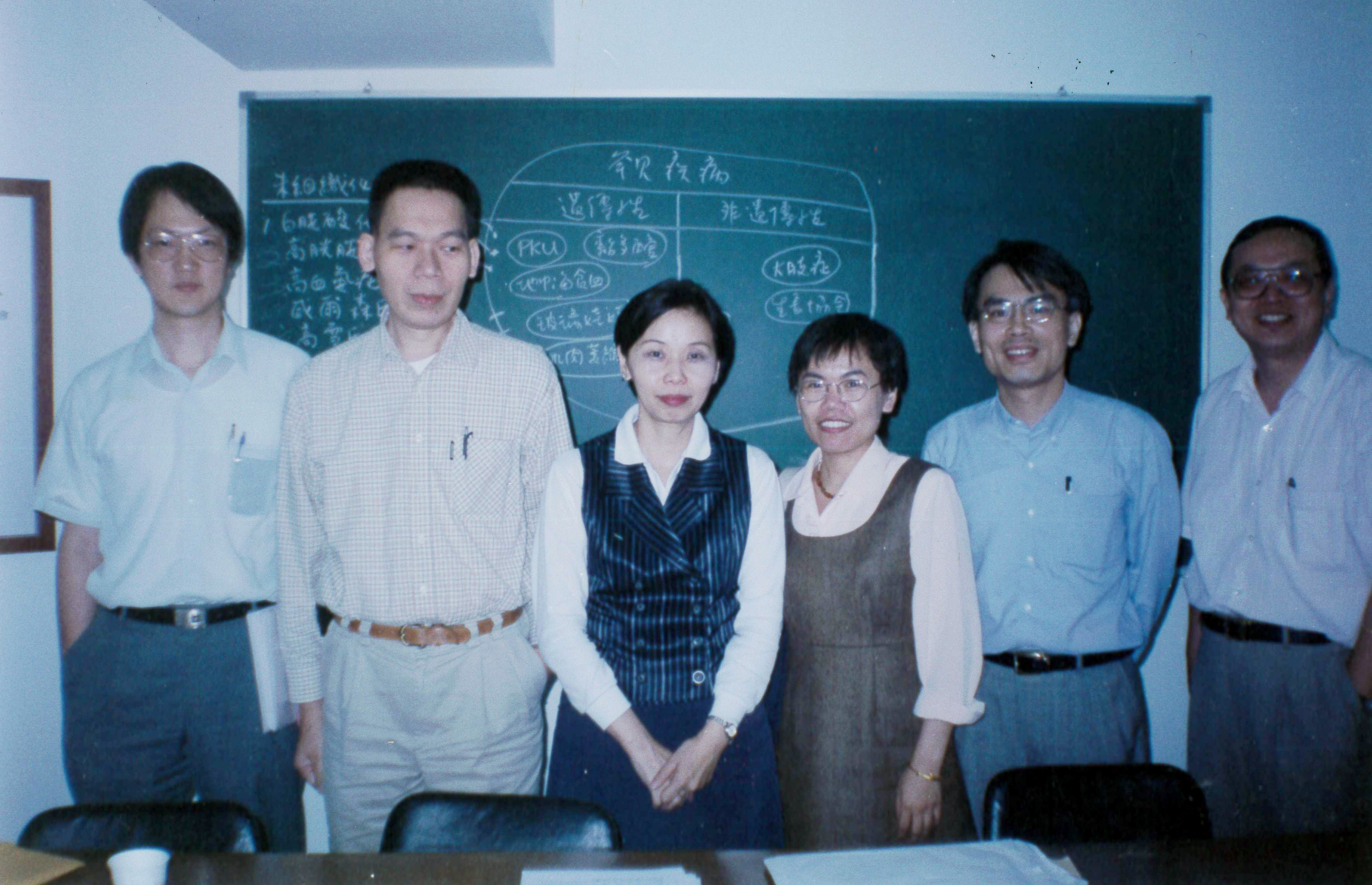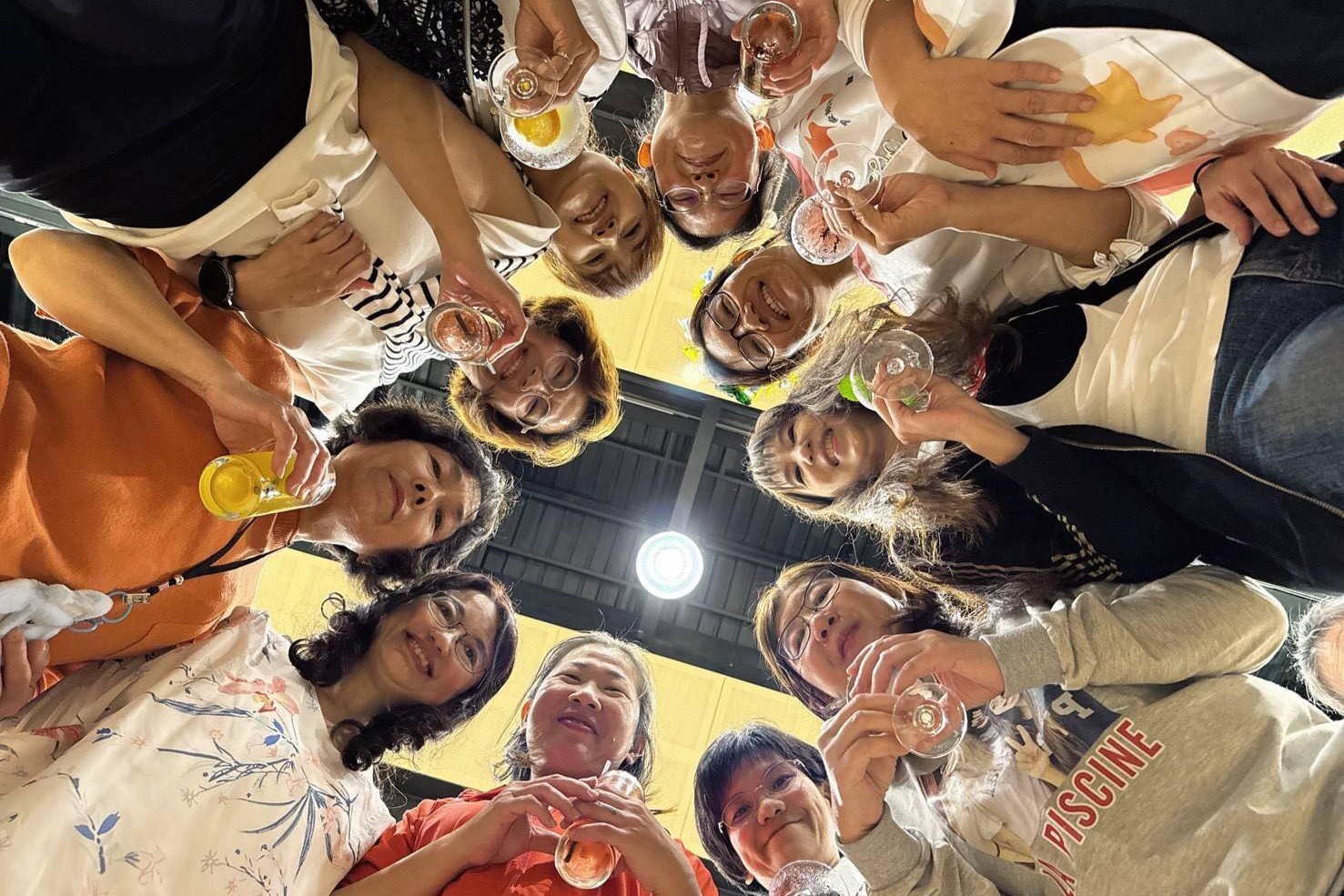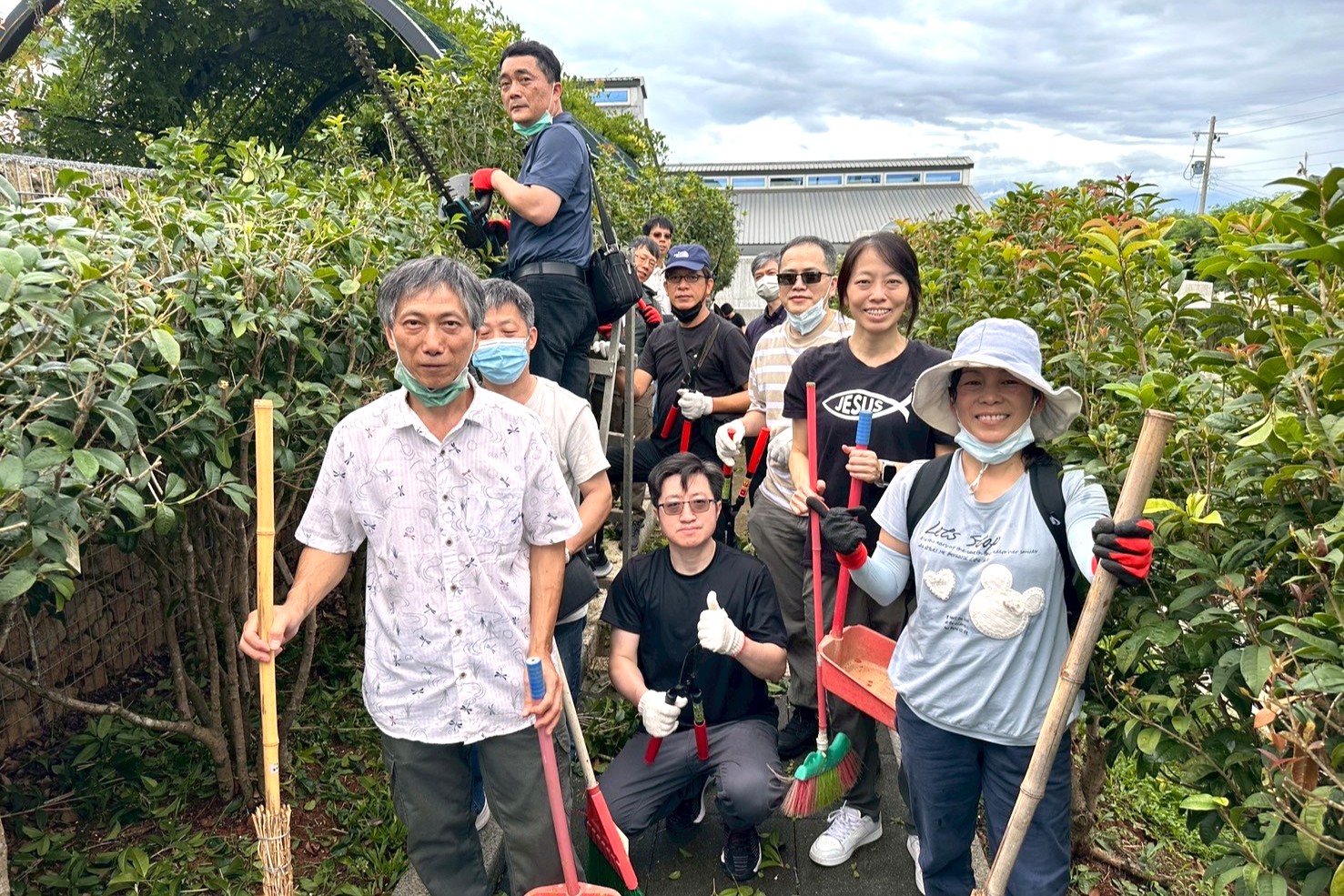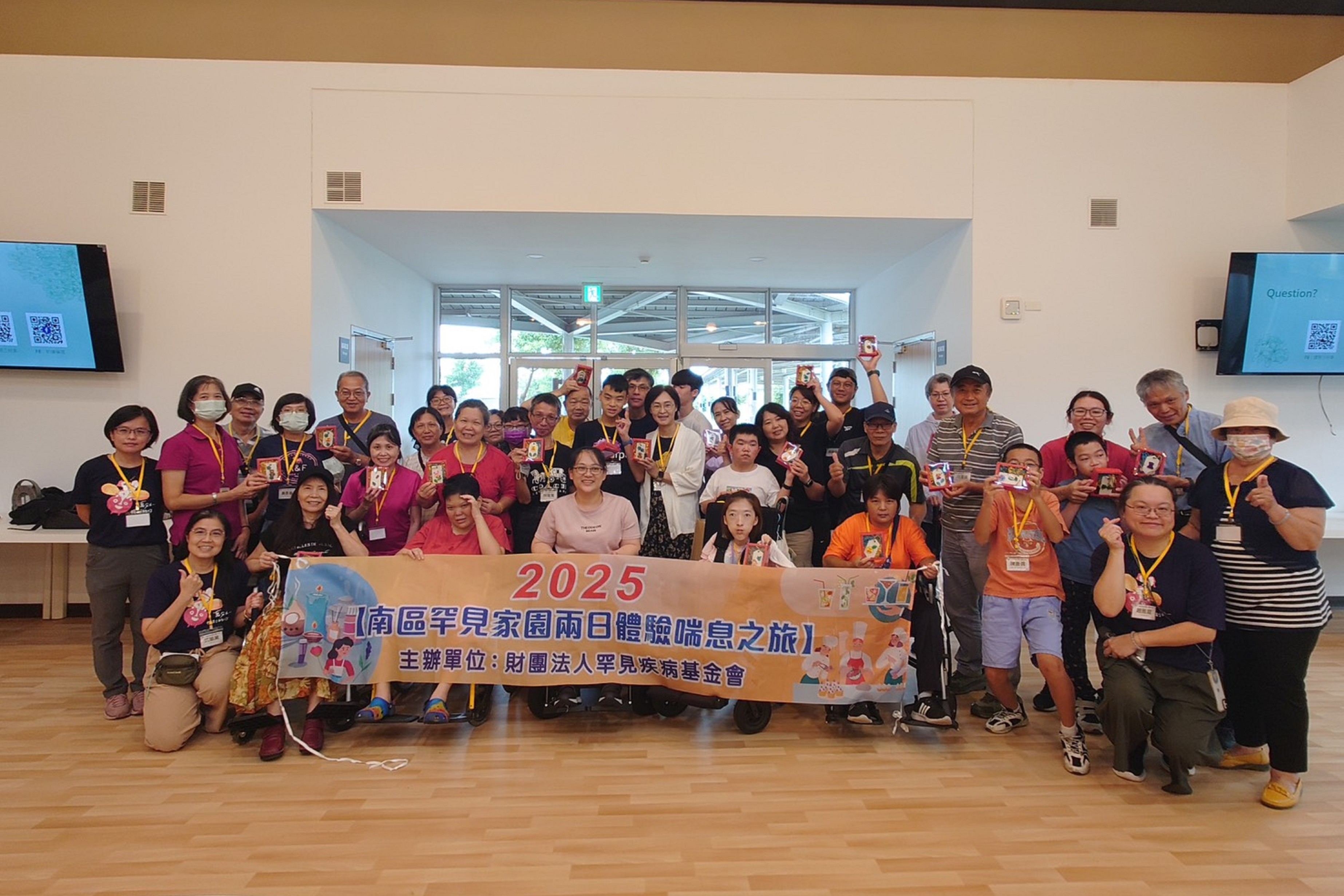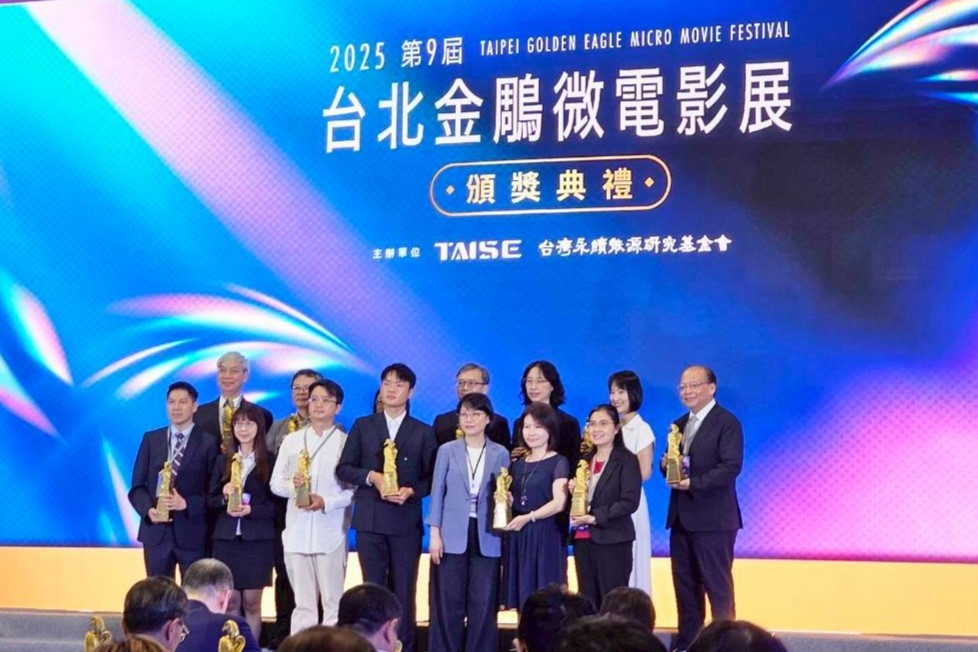News
Book Launch: 20th of Legislation for RD in Taiwan
Is there any medicine for us? How to cure this disease? Let's review from the beginning what we have been through during the past 20 years. Modern medicine has been advancing rapidly, but many diseases still remain incurable, even without knowing how they happened. Facing these rare diseases (RD), patients and their families are the most helpless ones. Over 20 years ago, they had to fight against their diseases without a law to protect their medical rights. Mrs. Serena Wu and Professor Min-Chieh Tseng, parents of RD children, not only wanted their own children to survive but also hoped the long-standing problems arising from RD could become a new issue and be resolved with the help of Taiwan’s social force. In 1999, the then Department of Health was producing an initial draft of the Rare Disease Drugs Act. Meanwhile, Taiwan Foundation for Rare Disorders (TFRD) thought the draft only considered “drugs” and overlooked the real need for RD “patients”. What we need was to start from the basic parts, including how to prevent RD and how to define it. Only with these regulations can the doctors better the quality of living of RD patients from diagnosis to genetic consultation and even medical care. Therefore, the civic version of the Rare Disease and Orphan Drug Act (RDODA) was launched at the same time. With the supports of the legislators from all parties, the bill was finally passed on the third reading on January 14, 2000, announced by the president on February 9, and implemented six months later. It took only 42 days to pass the bill from the first to third reading with a record fast in the Legislative Yuan. Taiwan’s RDODA became the fifth law of its kind in the world and the first one in Asia. It is also a special law to protect the rights and interests of RD patients. A series of follow-up social initiatives, such as Payment of NHI (National Health Insurance) Specific Budget for Orphan Drugs, the inclusion of RD into the People with Disabilities Rights Protection Act and the successful acquisition of Major Illness Eligibility, as well as the three amendments to make the RDODA more complete, provide RD patients with comprehensive protection. Taiwan’s experience in fighting for RD patients’ medical rights can serve as a model for countries around the world. Translator: David Lee (Becker Muscular Dystrophy)

